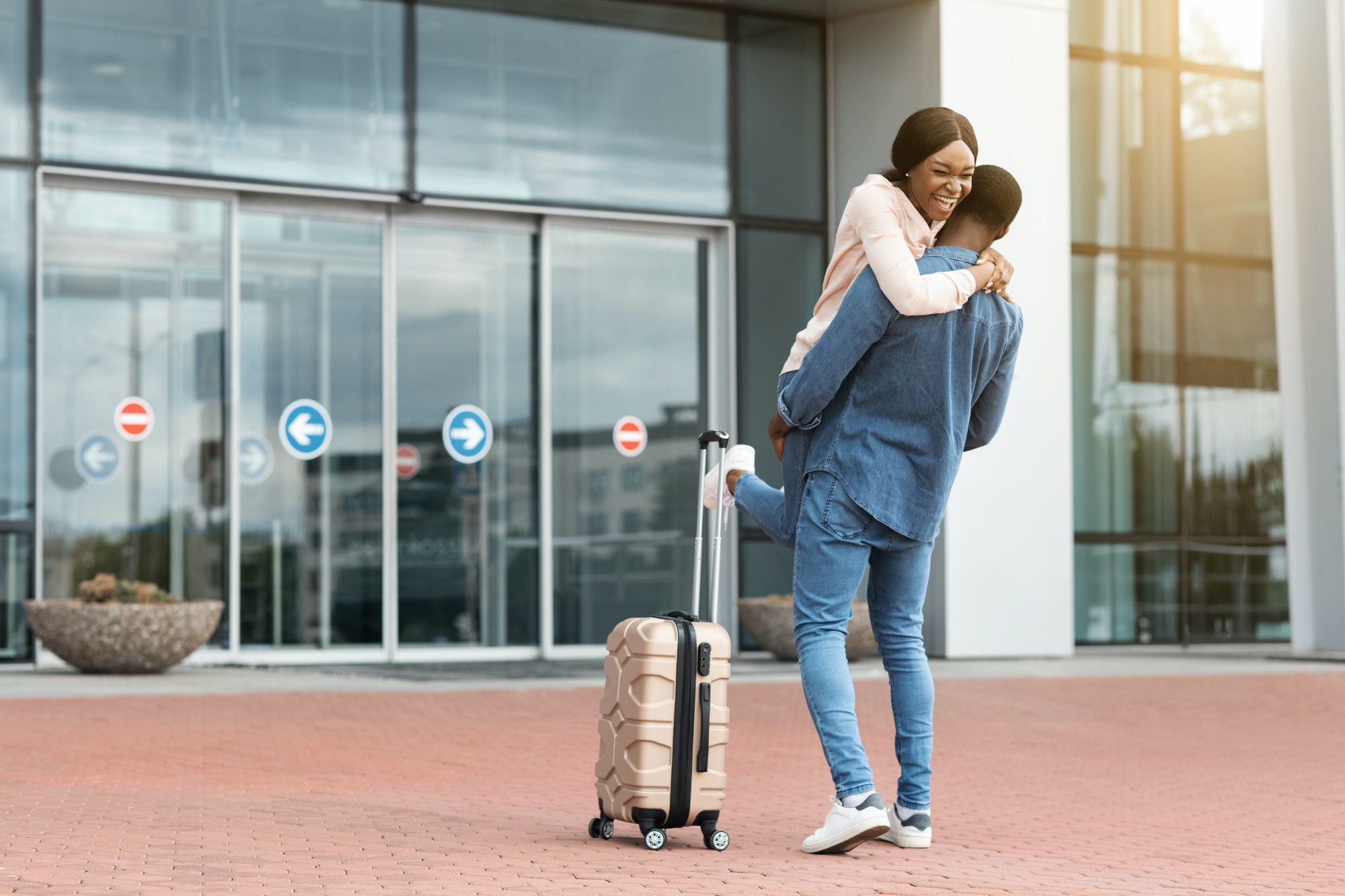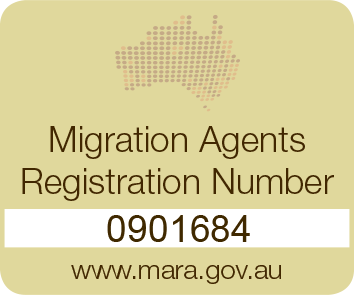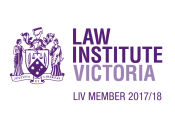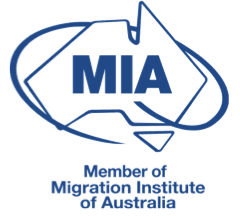Australian Inbound Travel Restriction Update – Who currently satisfies the current exemptions?
Workers, Students and Compassionate Circumstances
Since the Australian government announced on 20 March 2020 that the country would be closing its borders to non-citizens and non-residents, there have been many changes and updates to who can qualify for an exemption to the current travel restrictions and enter the country.
With the recent classification of New Zealand as a ‘Safe Travel Zone’ and clarification from the Border Force Commissioner on the circumstances when an inbound travel request may be approved, an increasing number of individuals now meet the criteria to travel to Australia.
With the number of active COVID cases stabilising across the nation and the focus of the government shifting to the country’s economic recovery, we expect that further exemptions may be announced shortly (in particular for sponsored workers and international students).
Currently, the following persons and circumstances qualify for an exemption to the travel restrictions:
- Australian citizens, permanent residents and their immediate family members (spouse, de-facto partner, dependent children or a legal guardian).
- A New Zealand citizen that is usually resident in Australia and their immediate family members;
- All individuals travelling from New Zealand by air and have been in New Zealand 14 days prior to travel;
- Holders of Business Innovation and Investment Subclass 188 visas;
- Workers with critical skills or whose occupation is listed on the Priority Migration Skilled Occupation List
- Certain international students
- Individuals who have compelling/compassionate circumstances
- Limited other individuals such as diplomats, military personal and those invited by the Australian government
When should you apply?
The Department of Home Affairs recommends that you should apply for an exemption at least two weeks, but not more than three months, before your planned travel to Australia.
We are currently experiencing exemption applications being approved in one to five working days.
Workers and Employment Exemption Criteria – “critical skills”
Travel exemptions will be granted to individuals who:
- Are providing critical or specialist medical services, including air ambulance, medical evacuations and delivering critical medical supplies
- Have critical skills or are working in a critical sector in Australia
- Are sponsored by their employer to work in Australia in an occupation on the Priority Migration Skilled Occupation List (PMSOL)
- Are part of an elite sporting teams and are able to demonstrate how their entry and stay is critical to Australia.
- Are non-crew members who are considered critical to the operation of a vessel and/or where a State or Territory authority or tourism body provides support.
Student Exemption Criteria
The Australian Border Force Commissioner will personally consider travel restriction exemption requests from:
- a student completing year 11 and 12 where a letter of support from the school and the State or Territory health authority is provided;
- Student visa holders who are undertaking research in Australia. They will need to provide evidence of support from a relevant Government agency outlining why the research is considered essential and/or in Australia’s national interest and how their role is critical to the research;
- Students who are in their final years of study of a medical, dental, nursing or Allied Health Profession university degree, where they have evidence of a confirmed placement in an Australian hospital or medical practice;
- Students attending Charles Darwin University or a Universities in Adelaide through the Student pilot program.
It is likely that there will be further travel restriction exemptions for Student Visa holders in the coming months, with the Australian government aiming to allow as many international students as possible back for 2021.
Compelling and Compassionate Circumstances Criteria
Between 20 March 2020 to 31 August 2020, exemption requests on compassionate grounds accounted for just under 50% of all travel restriction exemption requests. Of these 48,164 compassionate requests received by the Department of Home Affairs during this period, only 3,419 were approved.
The Department has advised that in general, if a request falls into one of the following categories, they would be granted an exemption:
- Cases demonstrating that if an exemption is not granted, there would be serious, ongoing and irreversible harm and continuing hardship to an Australian citizen or an Australian family unit, where at least one member of the family is an Australian citizen or Australian permanent resident;
- The age and/or health and/or psychological state of the person that, if not taken into account, would result in serious, ongoing and irreversible harm and continuing hardship to the person;
- Non-citizens requiring urgent or critical medical treatment in Australia, including medical evacuations;
- An accompanying family member may also be considered where a minor requires treatment; where a medical condition is life threatening; or where medical advice supports the requirement for the family member to travel;
- Those seeking to attend a funeral of a close family member. A close family member is defined as a parent, sibling, partner, child and grandparents;
- Those seeking to visit a close family member who is seriously ill where there is little support in Australia; or
- The partner of a person who is in Australia and in the final trimester of their pregnancy or otherwise due to give birth. This also applies to temporary visa holders in Australia and their partners.
The Department has advised that travel exemption requests on compassionate grounds will generally not be granted in the below circumstances:
- If there is a threat to the health of the Australian community;
- Non-critical illness of family members, where immediate family support is already available in Australia;
- Requests for Temporary visa holders’ family members to join them in Australia;
- Students who do not meet one of the above scenarios;
- Attending significant family events, such as weddings or major birthdays; and
- Any request that includes demonstrably false or misleading documentation or other demonstrably false or misleading evidence or statements of claim or history with the ABF or the Department.
Other Exempt criteria
The Department has confirmed that the following also qualify for an exemption to the current travel restrictions:
- a non-citizen travelling at the invitation of the Australian Government or a state or territory government authority for the purpose of assisting in the COVID-19 response;
- a non-citizen whose entry would otherwise be in the national interest, supported by the Australian Government or a state or territory government authority;
- military personnel, including those who form part of the Status of Forces Agreement, Commonwealth Armed Forces, Asia Pacific Forces and Status of Armed Forces Agreement
- a diplomat accredited to Australia (holding a subclass 995 visa)
- a traveller transiting Australia for 72 hours or less
- airline crew
- maritime crew including marine pilots
- Temporary Work (International Relations) Subclass 403 visa holders approved under the Seasonal Worker Program or Pacific Labour Scheme; and
- People providing critical skills in religious or theology fields, including specialist skills within a school context, people holding a senior religious position such as a senior cleric or bishop within a diocese, where no Australian worker is available
Handy links for your reference
https://www.homeaffairs.gov.au/covid-19/Documents/inward-travel-restrictions-operation-directive.pdf
https://www.homeaffairs.gov.au/covid-19/Documents/commissioners-guidelines.pdf
https://www.homeaffairs.gov.au/covid-19/Documents/commissioners-decision-making.pdf

 Points Test
Points Test
 Book Now
Book Now 


